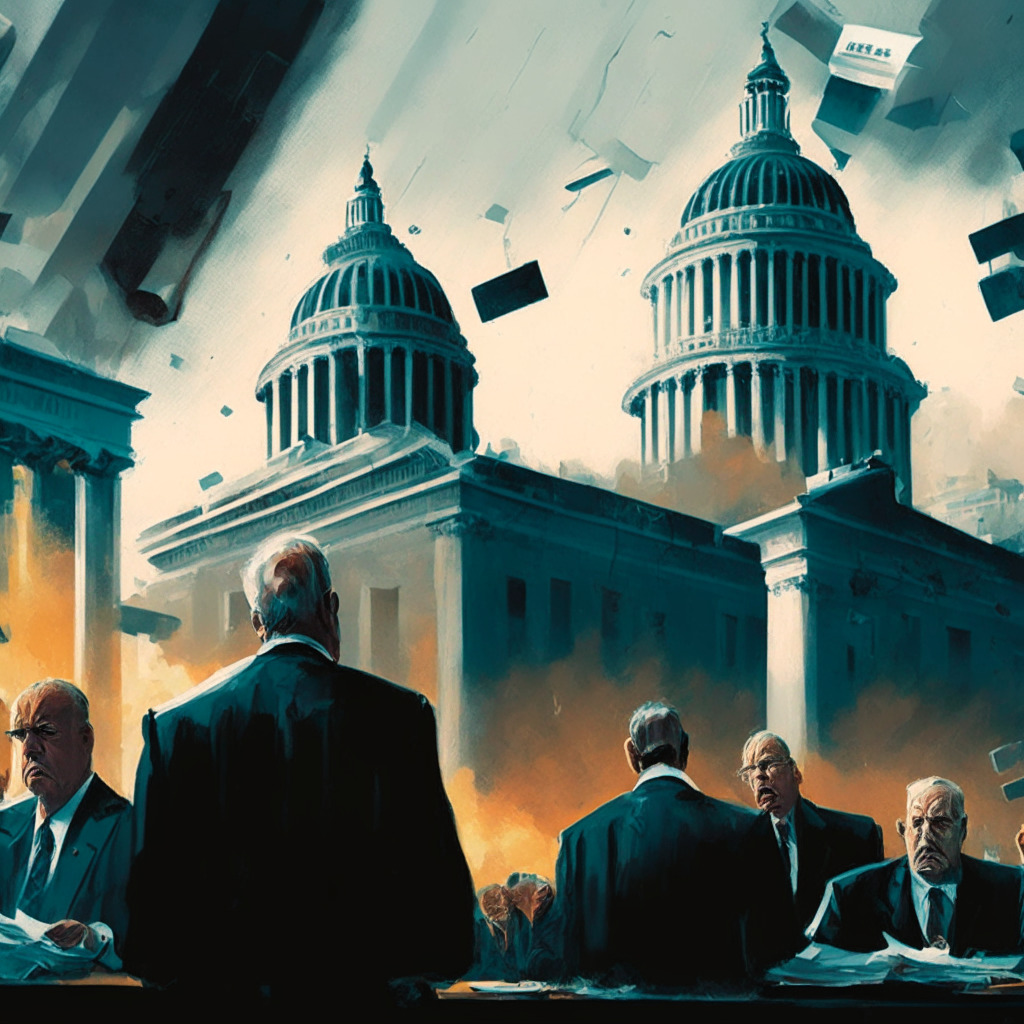Federal Reserve Chair Jerome Powell recently appeared before the House Financial Services Committee to discuss the state of monetary policy, touching upon topics related to digital assets, stablecoins, and central bank digital currencies (CBDCs). Powell mentioned that the Federal Reserve sees payment stablecoins as a form of money, and therefore believes they should be under the purview of the central bank.
The potential benefits of stablecoins have garnered much attention, but this also raises concerns related to privacy and regulation. Stablecoins could offer a more efficient and cost-effective means of payment while also providing a level of stability that cryptocurrencies like Bitcoin and Ethereum lack. However, privacy advocates worry that a CBDC could provide the government with unfettered access to individual spending habits.
At the hearing, Powell dismissed these concerns, stating that the Federal Reserve would not support accounts held by individuals if the US were to endorse a CBDC. Instead, such a digital currency would be intermediated through the banking system and not directly with the Federal Reserve.
The ongoing debate on stablecoins and CBDCs brings forth questions about the role of financial institutions, and the potential impacts of these digital currencies on the global economy. While some argue that greater regulatory clarity could prompt increased adoption rates of these digital currencies, others worry that excessive oversight could stifle innovation and hinder the growth of the blockchain industry.
Bitcoin and other cryptocurrencies seemed to benefit from the hearing, with Bitcoin and Ethereum prices both rising around 6% and 5% respectively. This suggests that, at least in the short term, institutional interest in cryptocurrencies is apparent and growing.
In conclusion, the conversation surrounding stablecoins and CBDCs is an important one to have, as it may shape the fundamental structure of future digital currencies. While it is clear that stablecoins are regarded as a form of money by the Federal Reserve, the extent to which they will be regulated, and how this regulation may impact individual privacy and monetary policy remains to be seen.
Source: Blockworks




